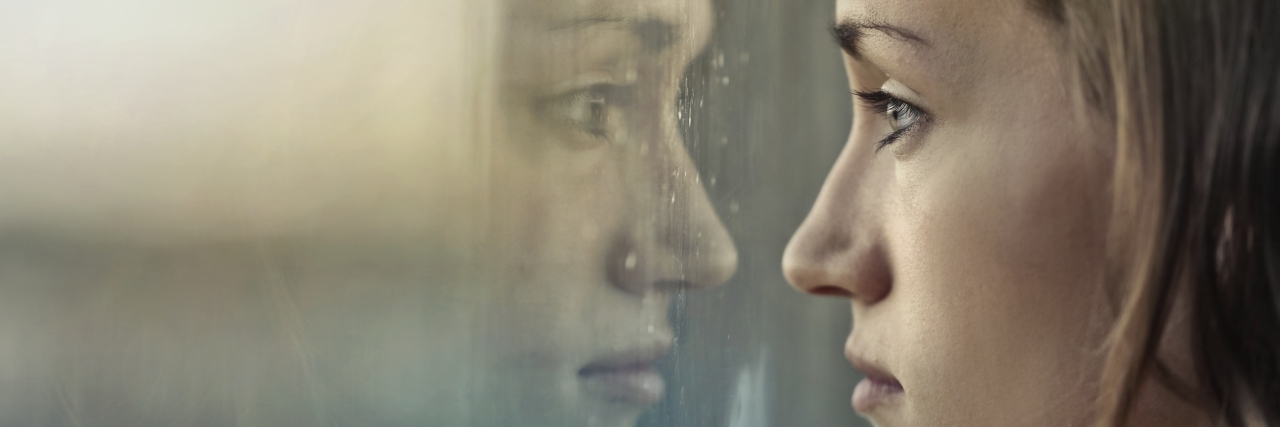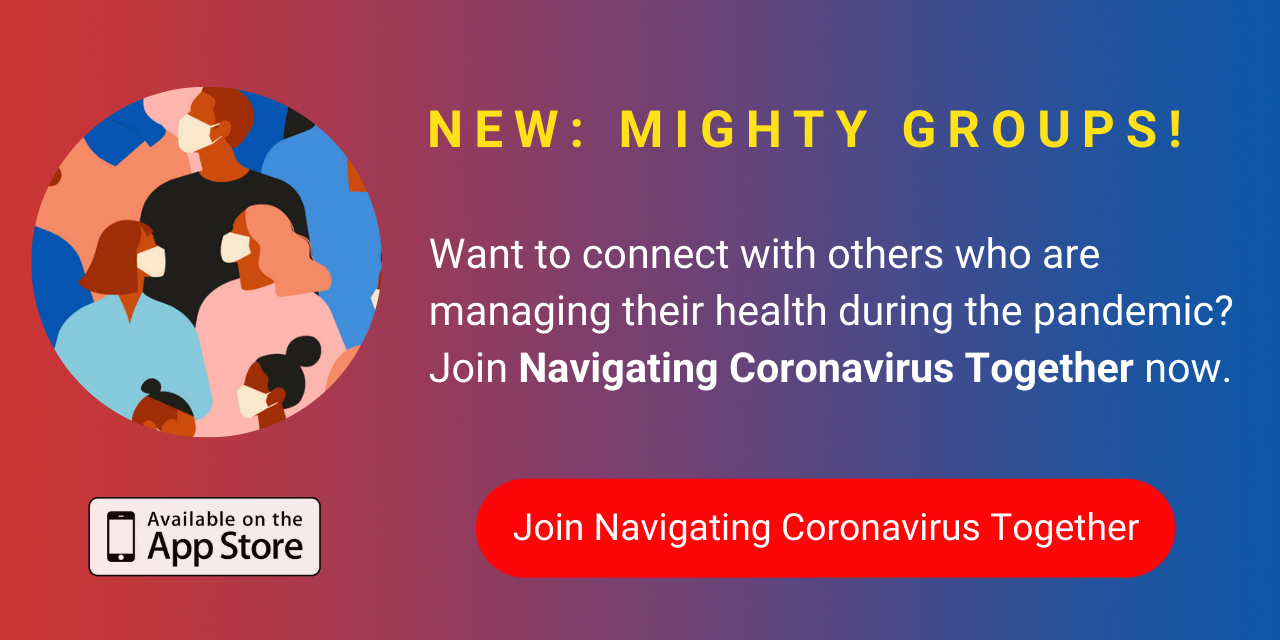In Pennsylvania, where I live, we have been on some version of a lockdown for the last five months or so. People have responded to these mitigation measures in very different ways but there seem to be some common themes. Nearly everyone has seen an increase in anxiety and/or depression during this time. Many people are struggling with social isolation to some extent. We have lost routines and structures we relied upon for our health and wellness. And virtually all people are being faced with higher risks that they have to be constantly assessing and making decisions about. We have all of that stress even assuming you and your loved ones have managed to stay healthy during this pandemic.
All of these things have profound impacts on our mental and physical well-being. This pandemic is a traumatic experience for many. We tend to think of traumas as being singular and terrible events — things like losing a loved one, a house fire or a car accident. Those things are undoubtedly traumatic, but so is this pandemic. A long and lasting period of heightened stress doesn’t make a good headline, but it is traumatizing nonetheless. It’s the kind of trauma that sneaks up on you.
Our current situation with COVID-19 and the mitigation measures that are necessary to slow the virus results in a prolonged trauma that is being experienced by nearly everyone on the planet. In some ways, it can be comforting to know that everyone is struggling right now, but don’t let that be used to minimize the personal trauma. It’s very easy to get into the mentality that since this is happening everywhere, we shouldn’t be upset by it. That is simply not true. This is an upsetting and difficult experience and we should treat it as such.
One added layer of difficulty with our current situation is that we are stuck in it. Generally traumatic experiences last for a defined period of time, after which we can grieve our losses and begin to move forward. In this case, we cannot get out of the danger and we cannot yet grieve effectively. We are stuck in the trauma for the foreseeable future. This not only creates a complicated situation now, but it will also create a complicated grieving process when this finally does come to an end.
Most people alive today have never lived through anything like this before. I keep thinking of the generation who lived through the Great Depression and who were never the same again. People who would go to great lengths to avoid wasting anything because they knew what true scarcity was. Folks who kept everything, just in case. I heard stories about such things and I wasn’t born until over 50 years after the Great Depression ended. This too will have long-term psychological effects on at least some of us. I wonder if we will see an increase in agoraphobia, or if I’ll be that lady who still has a mask in her purse years later. Maybe some people will never be comfortable shaking hands again.
This is a truly difficult situation for nearly everyone, but it is even more difficult for people who were already struggling with mental health problems or physical health conditions. People who have experienced traumas in the past are, in many cases, being exposed to reminders of those traumas because of the various situations we are finding ourselves in. If you experienced trauma growing up and this pandemic has created a situation in which you have to move back into your parents’ house, that may be incredibly difficult for you. If you have felt abandoned in the past, the social distancing measures could be triggering for your fears of abandonment. If you have had traumatic medical experiences, your fears around getting this virus could be extreme.
It is vitally important that we take good care of ourselves in these times. In the face of trauma, the first things to focus on are the foundational, practical necessities: sleeping, staying hydrated, eating, resting and having social interactions. And if you take medications I would add taking those as prescribed and on time to that list. For many people, those things are all we can manage to do right now. That’s OK, in fact it’s more than OK, it’s good. If you can only do those bare-bones things, you are still doing what you need to do to take care of yourself in these incredibly difficult times.
There are many other things people may find helpful during these times, and I encourage you to explore what those are for you. I think most people should see a counselor at some point in their lives. You do not need to have a mental illness to benefit from psychological health care. It is good to learn strategies and have a plan for when things get hard, as they inevitably do at some points in life. I would also encourage you to reach out to friends and family to talk about what things are helping them stay psychologically healthy during these times. Many things can be done “together from a distance.”
We have lost our “third places” in this time. A third place is a social setting that is separate from our first place (home) and our second place (work). It is a place to gather in communities. It can be any number of things including a barbershop, coffee shop, library, formal social clubs, book clubs, yoga classes, churches, etc. Without these built-in social interactions, we have to create new spaces. Specifically, we have to create virtual and socially distanced spaces in which we can socialize.
Because of this, it’s as if every relationship is now a long-distance one. With the exception of my immediate neighbors, I don’t have many unplanned encounters with people these days. I’m mostly getting deliveries or doing curbside pickups, so I don’t run into friends at local stores. Coffee shops are take-out only in my city, so I don’t bump into friends there either. So every social interaction now has to be planned. It’s doable, but it takes much more effort.
I find that going for walks is pretty helpful, but I often find it hard to get out the door. One option that has worked well for me is to set up phone calls with people to talk with them while I walk. It gives me something enjoyable to do while I get some exercise, and provides the accountability I need to actually make it happen. Virtual or socially distanced happy hours or coffee dates are also good options. Online book clubs are surprisingly satisfying, though admittedly they have less tasty snacks.
Very few people alive today have faced anything like this before. This is a prolonged trauma with no end in sight. No one can predict how long this will last, or what course it will take. We could see improvements or we could see things worsen. We could be on stricter lockdowns or we could open up more in the future. I suspect we will have periods of both in the year or so to come. For some, perhaps for many, this will be the hardest prolonged time period of our lives. If all you can do is take care of your basic needs, then you are still succeeding. I believe you can get through this hard time. Keep up the good work.
Getty image by Marisa9.


